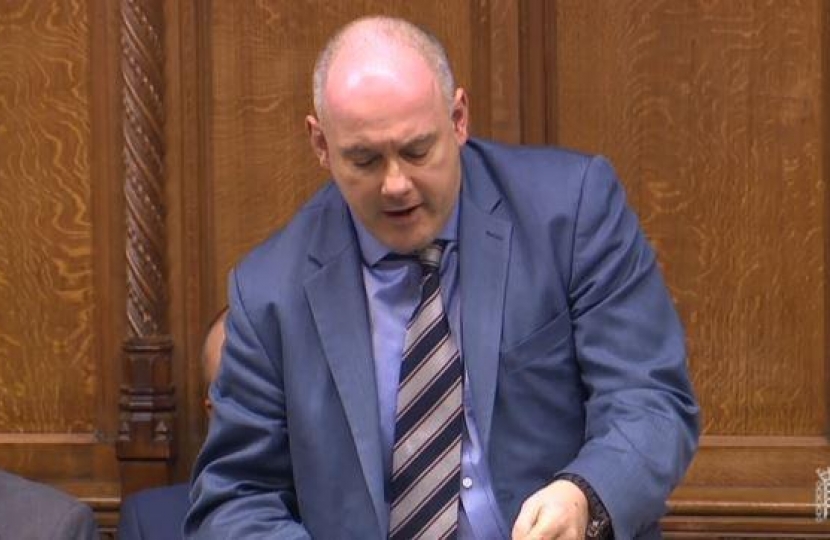
I welcome the debate, although I find it a bit mystifying that we are debating the same subject two weeks in a row. I wonder whether the decision is more about politics than policy.
As I said in the Opposition day debate last week, I firmly believe that the Government investment is a hefty starter in terms of catch-up funding. To recap, there is the £3 billion in total for extra tuition, the £220 million for the holiday activities and food programme, the £63 million for local councils to help with meals—everyone knows my views on free school meals—and supplies for struggling families, and the £79 million for young people’s mental health, and the pupil premium has increased to £2.5 billion.
We should be fair and recognise that we are investing a sizeable sum of taxpayers’ money in education, even though I will continue, obviously, to campaign for more in terms of a long-term schools plan. The Schools Minister made it very clear that recovery funding was just the beginning and not the end of the road for catch-up, and that more would be coming down the track. Anyone looking at my record will have no doubt that I look forward to further funding, greater resources for catch-up and a longer school day, on which, as I have said, the Labour party’s position is very confusing.
I want to mention a couple of things before I conclude. First, at present, disadvantaged pupils are 18 months behind their better-off peers by the time they sit their GCSEs. We know that poorer children are less likely to attend schools with an “outstanding” Ofsted rating, and that even in schools where there are good results, the gap between free school meals students and their peers is as wide as elsewhere.
I have been working closely with Professor Lee Elliot Major, who is an adviser to the Government. In a joint article in the Telegraph, we wrote that in order to reduce that attainment gap, measures should be taken to ensure that Ofsted awards “outstanding” ratings to schools only if they can show that they are “making efforts to attract the poorest children in their neighbourhoods” and working to narrow the attainment gap between those disadvantaged pupils and their better-off peers. We wrote that schools should work with neighbouring schools to raise standards, and that teams of inspectors “should include at least one headteacher who has led a school with high numbers of poorer pupils.”
Secondly, I believe that the Government must look to reform the pupil premium. It is not ring-fenced, and the Sutton Trust has reported that a third of schools use it for other things, such as fixing a leaky roof. It is not just about ring-fencing; there should be much more micro-targeting of disadvantaged groups, particularly those who suffer from long-term disadvantage.
I mentioned last week that although I am fully supportive of the catch-up fund, I am worried that it is not reaching the most disadvantaged. Figures suggest that 44% of students receiving pupil premium funding were missed. The Government must ensure that the money is targeted at the most disadvantaged, because they are the ones who have learned the least during the pandemic.
Nevertheless, I give credit where it is due: the Government have given well over £3 billion, and they have said that more is yet to come. I would rather that, instead of just having these political debates, Members on both sides of the House worked with the Government to ensure that the long-term plan for education is deep-rooted and repairs the damage from covid-19 while also addressing social injustices in education, particularly the attainment gap between disadvantaged pupils and the better-off.
